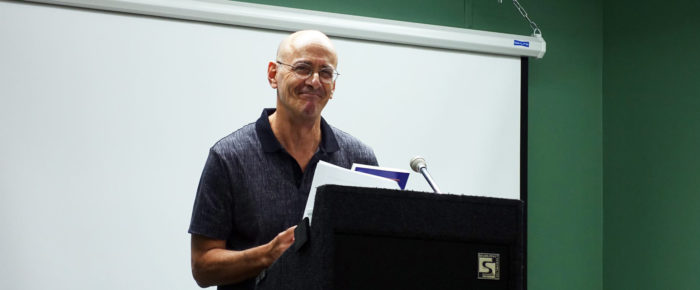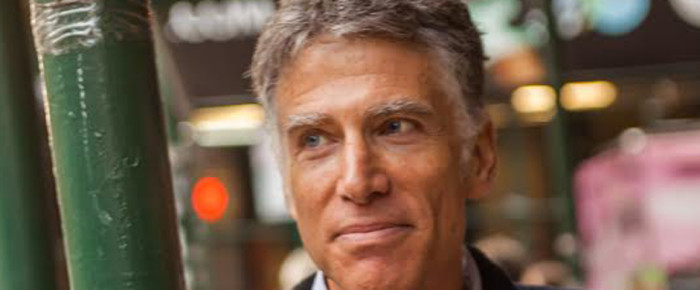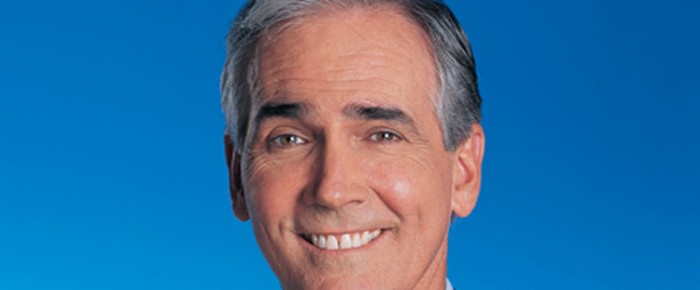Betty Corwin is going to turn 97 this month, but she says she still feels like a baby. “If you feel young, you are young,” says the native New Yorker,…
Read moreAuthor Bob Brody on “Playing Catch with Strangers”

In “Playing Catch with Strangers,” an essay published in The New York Times in 2015, Bob Brody writes that he played catch with his father only once in his life. “That summer…
Read moreActor Ivonne Coll on playing the matriarch on ‘Jane the Virgin’ at 70
Ivonne Coll is not a mother, or a grandmother, in real life, but she plays the role of both on television. Coll, otherwise known as Alba, plays the matriarch of…
Read moreCareer coach and TEDx Talk speaker says to reinvent and believe in yourself

For the majority of his life, John Tarnoff says he “was all over the place.” Growing up in New York, he thought he wanted to be an architect, a journalist,…
Read moreFormer CEO of Telemundo now a leader for Hispanic films and students

Jim McNamara says he was often the only “gringo” in the room who knew Spanish. He was born and raised in Panama City, Panama and left for the first time…
Read more